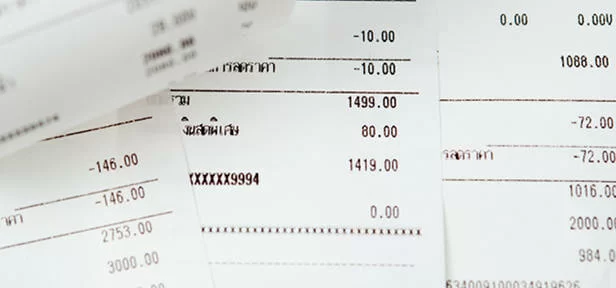With lower limits to interchange fees being put in place and the maximum legal annual percentage rate (APR) for credit cards being lowered to 12% (from 15%), many Swiss credit card issuers have turned to raising card fees in order to maintain profits.
Merchants now benefit from a lower interchange fee when they accept credit cards. But for cardholders, the opposite is happening. While lower APRs are a good thing where credit cards are concerned, they only benefit cardholders who don’t make payments in full by the due date, and therefore carry a balance.
Various credit card providers like UBS and Swisscard (Coop Supercardplus) already raised card fees in 2015. The cost of a Visa Bonus Card has shot up in 2016, as have fees for other popular credit cards. Cornèrcard carholders too saw fees go up in April 2016:
- The foreign transaction fee has gone up to 1.2% of each transaction (previously 0.9%). For reference, UBS charges a 2% foreign transaction fee, Swisscard charges a fee equal to 2.5% of each foreign currency transaction.
- The foreign transaction fee now applies to overseas transactions in Swiss francs as well. This includes online purchases from foreign merchants like Amazon or Zalando. Many other cards, including the Migros Cumulus cards, the Bonus Card Gold and the Coop Supercardplus also apply foreign transaction fees to these purchases.
- You now pay CHF 1.50 for each paper statement.
- The cash advance fee is now 3.75% of each transaction, up from 3% (UBS charges a 4% cash advance fee).
Other credit card issuers haven’t yet published changes to card fees, but it’s only a matter of time.
The only option for you as a cardholder is to carefully check for updates to your credit card’s terms and conditions.
The unbiased credit card comparison from moneyland.ch makes keeping tabs on credit card costs easy, because even hidden fees and charges are clearly shown.
More information:
Credit cards compared

 Deal of the Day
Deal of the Day 




